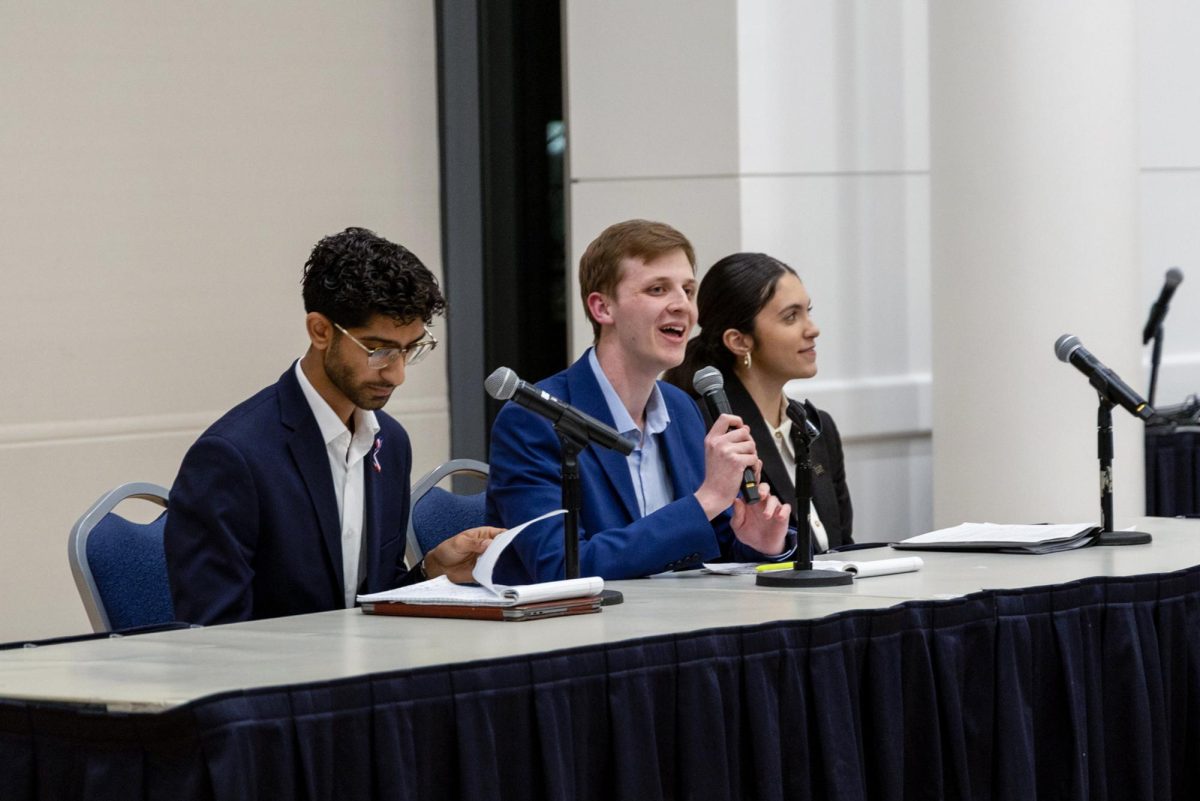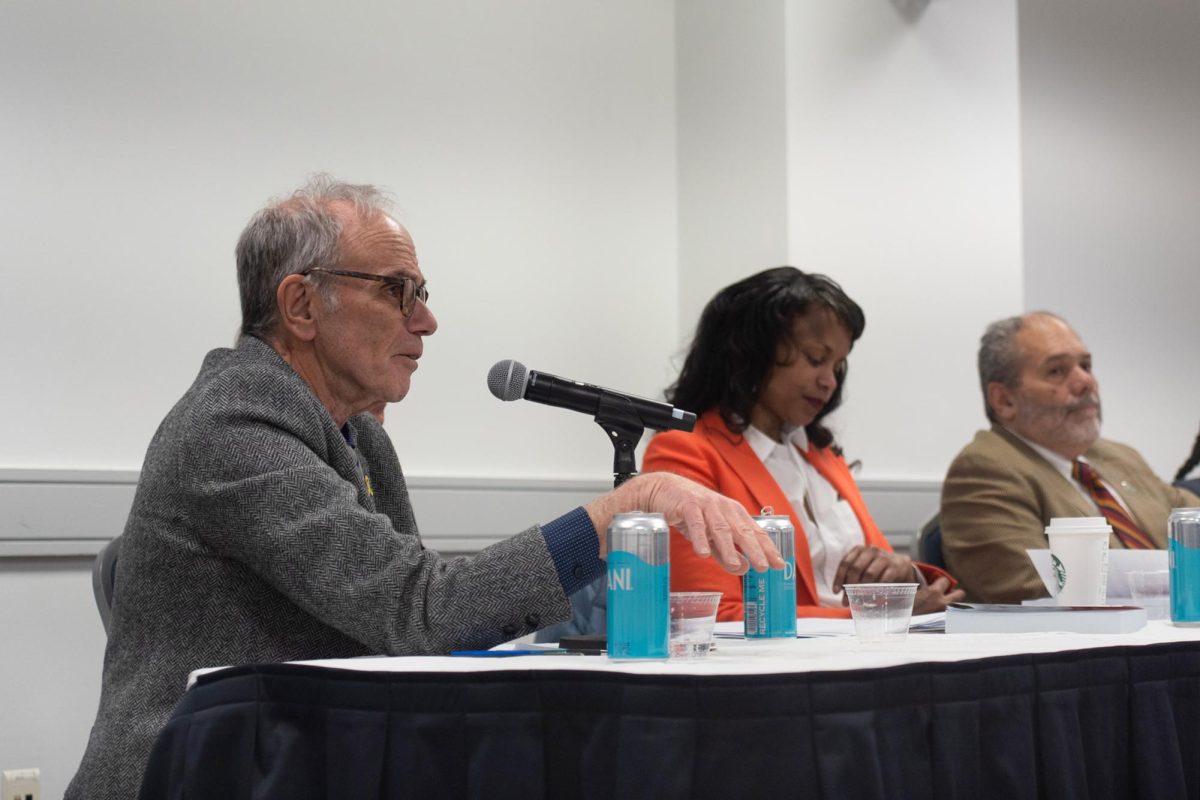An electrician who works for GW is suing the University for job discrimination, alleging that University supervisors retaliated against him after he was injured on the job.
Henry Darden said his supervisors in GW’s facilities department, Alan Thompson and Michael Howell, discriminated against him for having a disability and for his age by cutting his hours and causing him to lose wages, according to the lawsuit. He is suing GW for $38,000 for “loss of wages and acts of discrimination and retaliation,” according to the lawsuit.
Darden alleges the University violated Title VII laws, the Americans with Disabilities Act, the Genetic Information Nondiscrimination Act or the Age Discrimination in Employment Act in dealing with him during his employment, according to the lawsuit. These federal acts prevent employers from discriminating based on factors including age, race and sex.
He filed the suit Jan. 15 in the U.S. District and Bankruptcy Court. Darden declined to comment for this story because the lawsuit is still in progress.
University spokeswoman Maralee Csellar declined to comment on the case, citing University policy not to comment on pending litigation.
Darden wrote in the complaint that he injured his back while he was working, and afterwards requested help with his work. Thompson, one of the supervisors in the department, allegedly said there was no help available for Darden, according to the lawsuit.
Darden worked for five more months while he was injured, until he was “sent home” because there was no light work or “reasonable accommodations for a senior electrician,” according to the lawsuit.
“After further review of my employee profile, I noted several areas of my duties to perform where they could have accommodated me but refused,” the lawsuit reads.
Darden claims in the complaint that his work hours were cut without approval from GW’s human resources office. He said he originally meant to work from 7 a.m. to 4:30 p.m., but worked more hours when he began working at GW. After the alleged retaliation began, his hours were then cut by about 30 minutes each day compared to the hours stated in his contract. This occurred for about two years until he was “unable to work to full capacity,” according to the lawsuit.
He also states in the complaint that Thompson and Howell would not let him do administrative work, which he said was in his job description.
Supervisors “requested that I not work in the office though I was the lead electrician,” the lawsuit reads.
“They continued to constantly harass me, strong-arming and implementing impromptu rule changes pertaining to me only without the consent or proper protocol from HR,” Darden said in the complaint.
Darden originally filed a complaint with the U.S. Equal Employment Opportunity Commission for the charges, which ruled last October that they could not confirm that Darden’s accusation against GW violated the anti-discrimination laws Darden was invoking. The lawsuit says he had 90 days to file a civil suit under those charges.
“This does not certify that the respondent is in compliance with the statutes,” the lawsuit reads. “No finding is made as to any other issues that might be construed as having been raised to this charge.”






